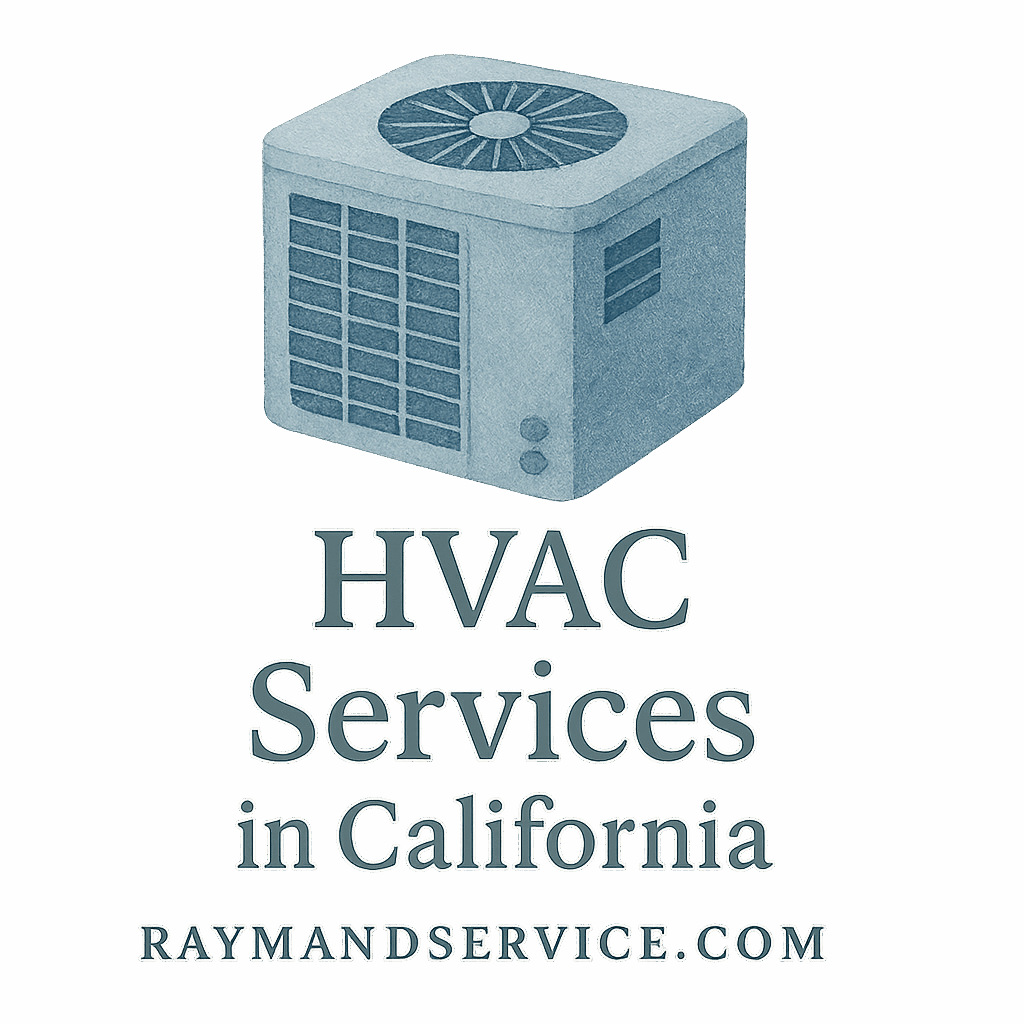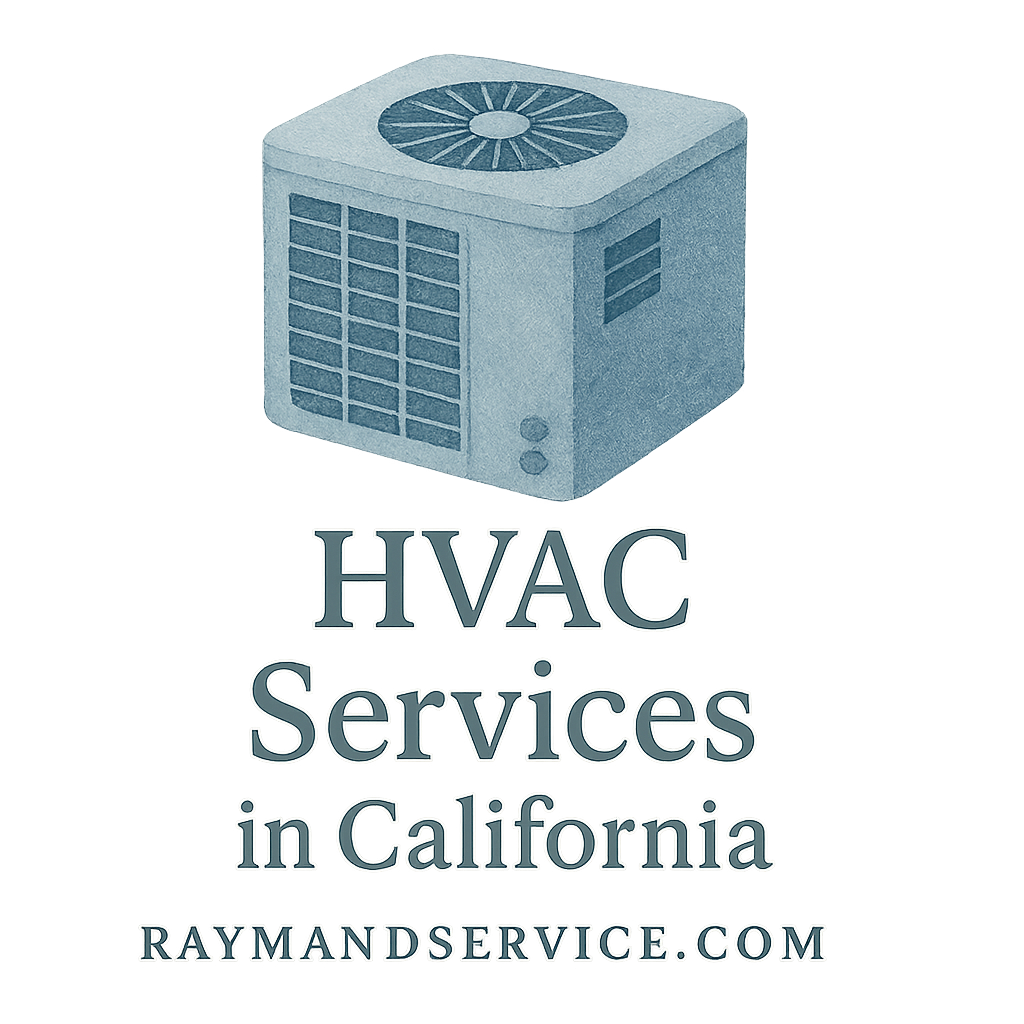Introduction
Hiring the right commercial HVAC company is more than just a business decision — it’s an investment in your comfort, energy efficiency, and long-term peace of mind. Whether you’re managing an office, a restaurant, or a warehouse, your HVAC system plays a key role in productivity, utility costs, and even safety. But not all HVAC contractors are created equal. Before signing that dotted line, make sure you’re asking the right questions.
In this guide, we’ll cover the 8 essential questions to ask before hiring any commercial HVAC service. This list will not only save you time and money but also help ensure you’re partnering with a team that prioritizes quality, experience, and long-term value.
Explore expert commercial HVAC services available near you.
Why Hiring the Right Commercial HVAC Service Matters
Imagine this: You hire a cut-rate HVAC contractor who seems like a deal. A few months later, your system fails in the middle of summer, and you’re left scrambling. Sound familiar? Unfortunately, too many businesses overlook due diligence, leading to costly repairs and downtime.
Partnering with a reputable provider like Raymand Service can help prevent such disasters while maximizing efficiency and comfort.
Question 1: Are You Licensed and Insured?
Why Licensing Matters
A licensed contractor proves they’ve passed state requirements and are legally authorized to work on HVAC systems. It’s your first clue that you’re dealing with a professional.
Understanding Insurance Coverage
Never hire a commercial HVAC company that isn’t fully insured. Without insurance, you could be liable for accidents or damages that occur during service.
Question 2: What Experience Do You Have With Commercial HVAC Systems?
Importance of Industry-Specific Experience
Residential and commercial HVAC systems differ greatly. From large-scale ductwork to high-capacity units, your contractor should be well-versed in the demands of commercial properties.
Explore residential HVAC services if you’re seeking home solutions instead.
Types of Commercial Systems Handled
Ask about the specific systems they’ve worked on: rooftop units, VRF systems, split systems, etc. Experience with your type of setup is crucial.
Question 3: Can You Provide References or Case Studies?
Verifying Past Performance
Any reputable company should be happy to provide client references or detailed case studies of past work.
Red Flags to Watch Out For
If they hesitate or only provide outdated contacts, consider it a red flag. Real-world examples are key to assessing reliability.

Question 4: What Services Are Included in Your HVAC Contract?
Maintenance and Emergency Services
Your HVAC contract should cover not just installation but ongoing maintenance and troubleshooting. Ask about availability, response time, and service windows.
Energy Efficiency and Upgrades
Are energy audits or efficiency upgrades included? These services can significantly reduce your utility bills over time.
Question 5: What Brands and Equipment Do You Work With?
Compatibility and Product Knowledge
Ensure they work with high-quality, well-known brands. A knowledgeable technician should be able to recommend the best systems for your building’s size and function.
Search through their eco-friendly or green system offerings for sustainability-focused solutions.
Question 6: How Do You Handle Maintenance and Troubleshooting?
Scheduled HVAC Maintenance Plans
Reliable contractors offer structured maintenance plans. This ensures systems are cleaned, filters replaced, and components inspected regularly.
Check out their HVAC maintenance and troubleshooting solutions for ongoing care.
Troubleshooting Efficiency
Do they use advanced diagnostic tools? Quick, accurate troubleshooting minimizes downtime and prevents small issues from becoming big problems.
Question 7: What Are Your Energy Efficiency Strategies?
Green and Eco-Friendly Solutions
Sustainability is a hot topic — literally. Energy-efficient HVAC solutions not only benefit the environment but can slash your energy bills.
Learn more about energy-saving and sustainability tactics.
Cost Savings for Businesses
Companies that prioritize efficiency strategies tend to see long-term savings and fewer emergency repairs.
Question 8: Do You Offer Seasonal HVAC Services?
Preparing for Seasonal Transitions
Extreme weather means your HVAC system works harder. Make sure your contractor provides seasonal HVAC services to prepare your system for summer and winter extremes.
Seasonal Warning Signs to Monitor
Ask about warning signs that indicate your system is struggling. Knowing what to look for can prevent system failures.
Conclusion
Choosing a commercial HVAC service is not a decision to take lightly. By asking the right questions, you protect your investment, ensure comfort for your building’s occupants, and pave the way for energy efficiency and cost savings.
Companies like Raymand Service check all the right boxes — from experience and licensing to seasonal care and energy upgrades.
Don’t wait until a breakdown disrupts your business. Do your homework now, ask the right questions, and build a relationship with an HVAC company that truly understands your needs.
FAQs
1. How often should commercial HVAC systems be serviced?
At least twice a year — ideally before summer and winter seasons.
2. What’s the average lifespan of a commercial HVAC unit?
Depending on usage and maintenance, 15-25 years is common.
3. Can seasonal services really improve system longevity?
Absolutely. They prep your unit for upcoming weather, reducing strain and extending life.
4. What’s included in a commercial HVAC maintenance plan?
Typically includes inspections, cleaning, filter changes, and diagnostics.
5. Are energy-efficient upgrades worth the cost?
Yes. Upgrades pay off through lower energy bills and potential tax rebates.
6. What should I do if my HVAC system shows poor airflow?
Check for blockages, then contact a pro. Learn more about airflow issues.
7. Can I get a maintenance plan tailored to my business hours?
Yes, many providers like Raymand Service offer flexible scheduling.


